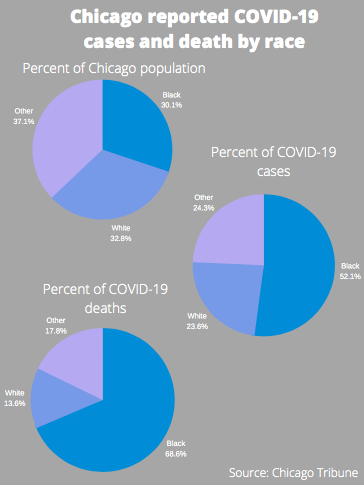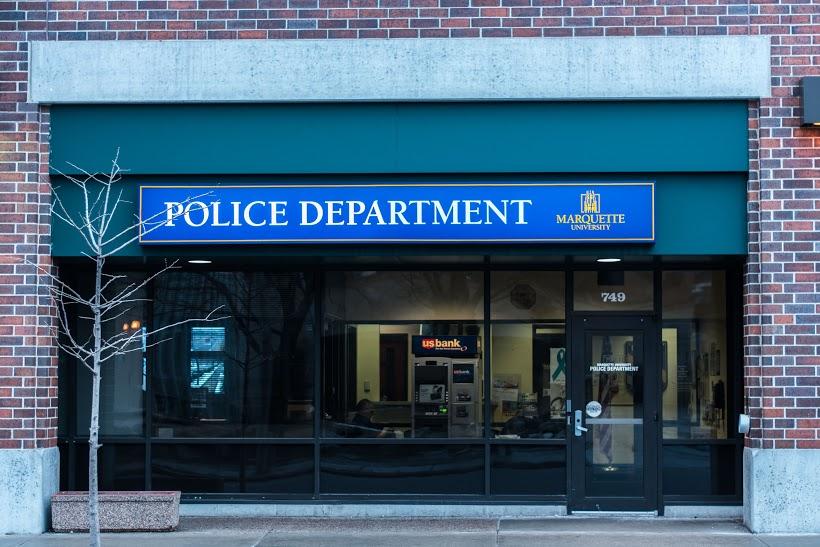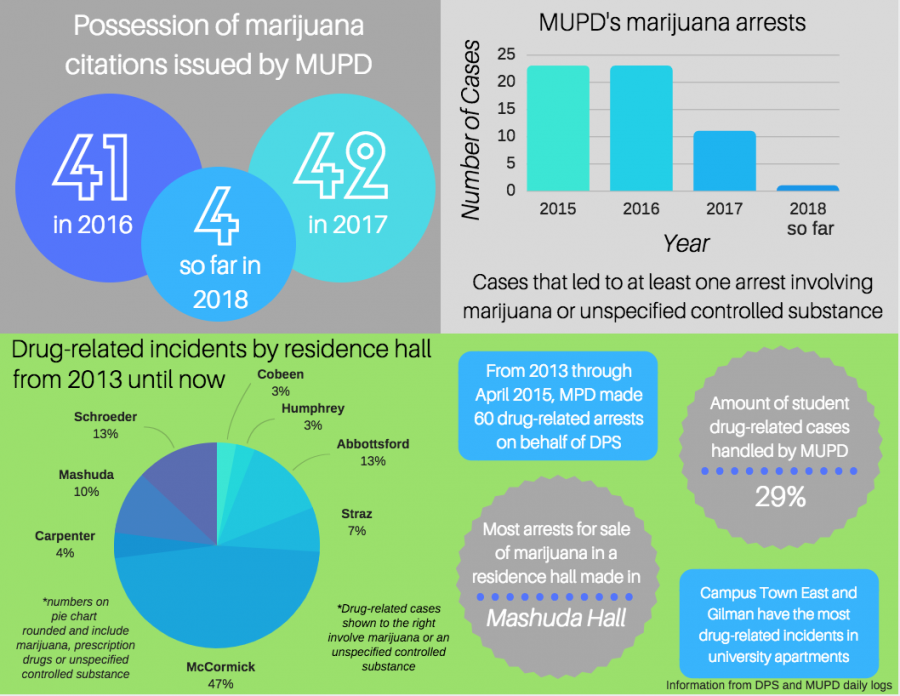Heroin use in the area has increased exponentially over the past year, according to Capt. Anthony Smith, head of the Milwaukee Police Department’s narcotics division. Smith explained these findings at the Milwaukee Common Council’s Finance and Personnel Committee meeting March 14.
Heroin is classified as a Schedule I opiate derivative by the U.S. Controlled Substances Act.
In 2012, 41.2 pounds of the drug were found, while only 1.97 pounds of heroin were confiscated in 2011. It is unclear what caused the significant increase.
On March 11, a man lost control of his truck while driving on I-43 and crashed into an on-ramp wall. The Milwaukee County Sheriff’s Office reported that it is likely the man had injected heroin while behind the wheel.
While heroin usage has increased both within Milwaukee city limits and in teens around the country, Captain Russell Shaw of Marquette’s Department of Public Safety said there has not been an issue at Marquette or in the DPS patrol area.
“Heroin use unfortunately seems to have made a rebound nationally, but we haven’t had any known incidents reported recently to DPS,” Shaw said.
Nearby, Chicago has seen increased heroin incidents during the last decade.
According to a study conducted by Roosevelt University’s Illinois Consortium on Drug Policy, the city ranks number one in hospital visits related to heroin use. In second place, New York recorded almost half as many incidents as Chicago in 2010. The same study found that more people in Chicago die of drug overdose than in car accidents.
Nina Cedillo, a senior in the College of Business Administration, explained her first-hand experience with seeing the consequences of heroin on those she grew up with. In fact, she said a girl who she has known since sixth grade is facing homicide charges as a result of heroin.
“It has greatly affected me and others around me,” Cedillo said. “A couple of friends and acquaintances of mine have died in the past couple of years. Many people that I used to be close friends with I have lost touch with because they are in and out of jail, rehab or they are just too bad to remain friends with.”
Heroin use is not confined to the urban parts of Chicago. The suburbs of the nation’s third largest city have also increased dramatically among young adults.
“Among 20 to 24 year olds, from 1998 to 2007, hospital discharges for heroin use among Chicagoans declined 67 percent but increased more than 200 percent in the Collar Counties,” an ICDP report said.
Nora DiSanto, a freshman in the College of Communication from a western suburb of Chicago, said her hometown has experienced a problem with heroin and other drugs because of the market for the drugs.
“It makes me feel like it is not the nice town I thought it was,” DiSanto said. “It is mainly because the rich neighborhoods have more access due to the market created through the money in the area. I know prescription drugs are also a major problem.”
With the increasing drug incidents in the city of Milwaukee, many fear the spike will continue into the suburbs. In Waukesha County in 2012, there were 19 heroin-related deaths, a 12-person increase from 2008, according to a February report by TMJ4.
“It appears that suburban kids have started using this addictive drug, which is cheaper, as an alternative to painkillers such as Oxycodone,” Shaw said. “Obviously any drug is a concern, but people need to realize in the last 10 years the number of deaths, and treatment needed for this addictive drug, have risen dramatically.”
MPD said most of the heroin is coming from Mexico and the reason for its popularity is the inexpensive price tag, specifically in comparison to cocaine.
Cedillo said that although she does not think Marquette students are typically trying heroin, it is never something they should start because it will lead to a lifetime of addiction.
“It you try it once it’s basically a death sentence or jail sentence or you’ll just be in and out of rehab the rest of your life,” Cedillo said. “I’ve never personally known anyone that tried heroin and then never did it again or quit.”







